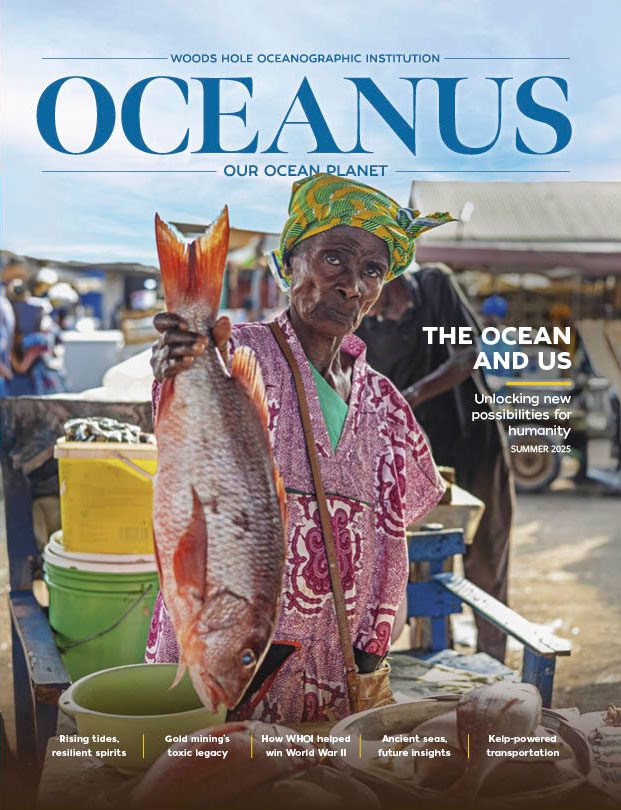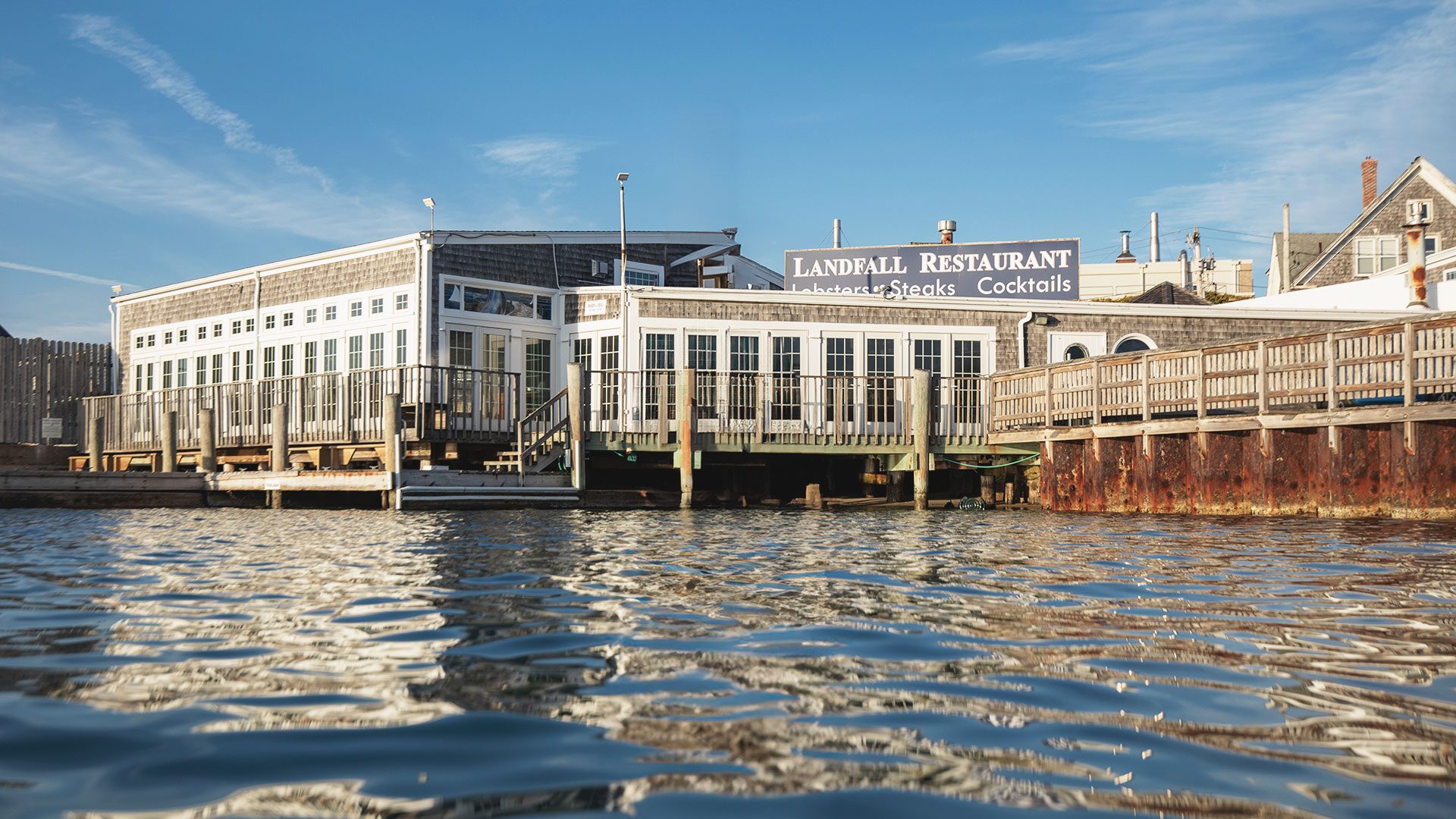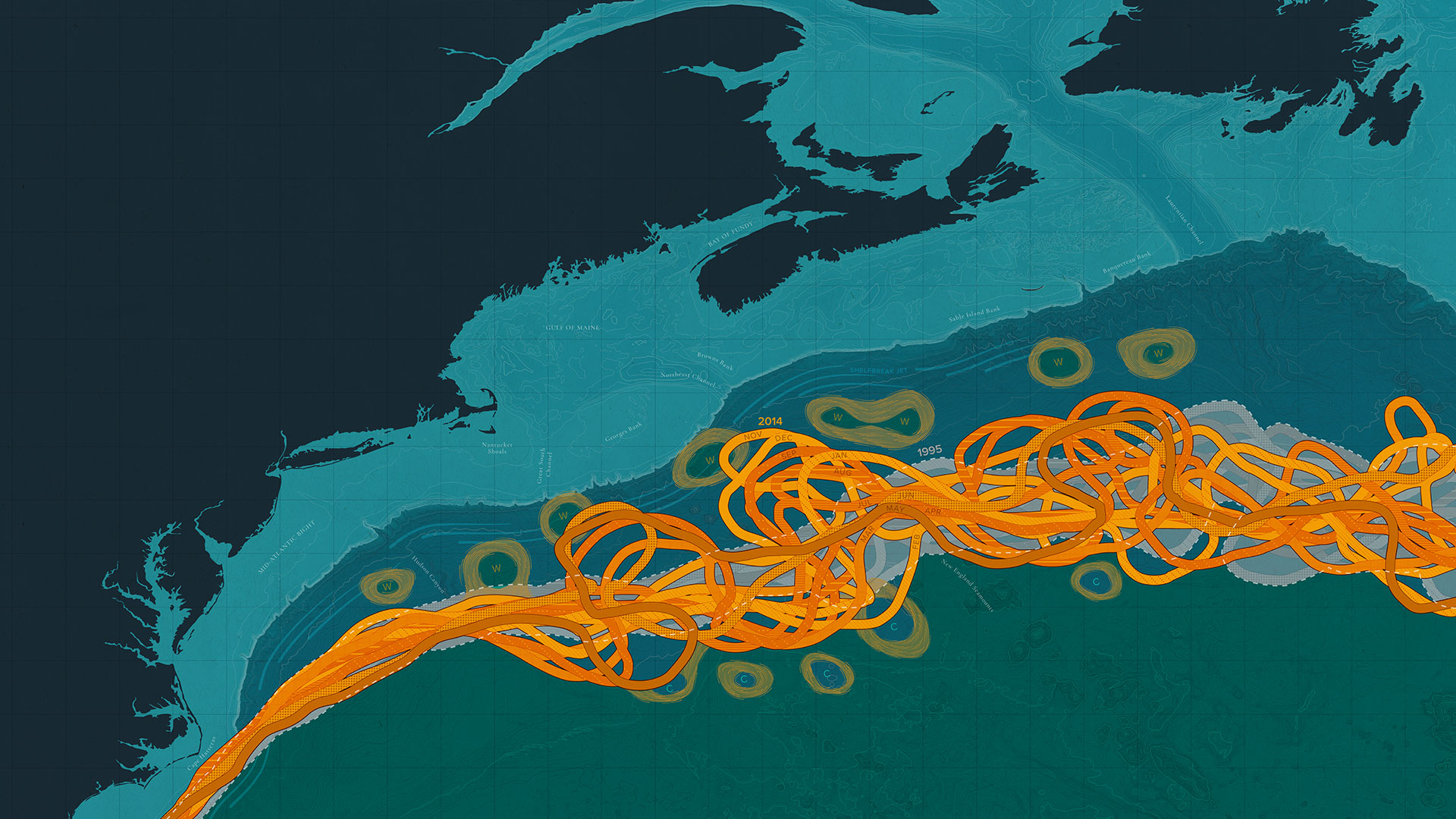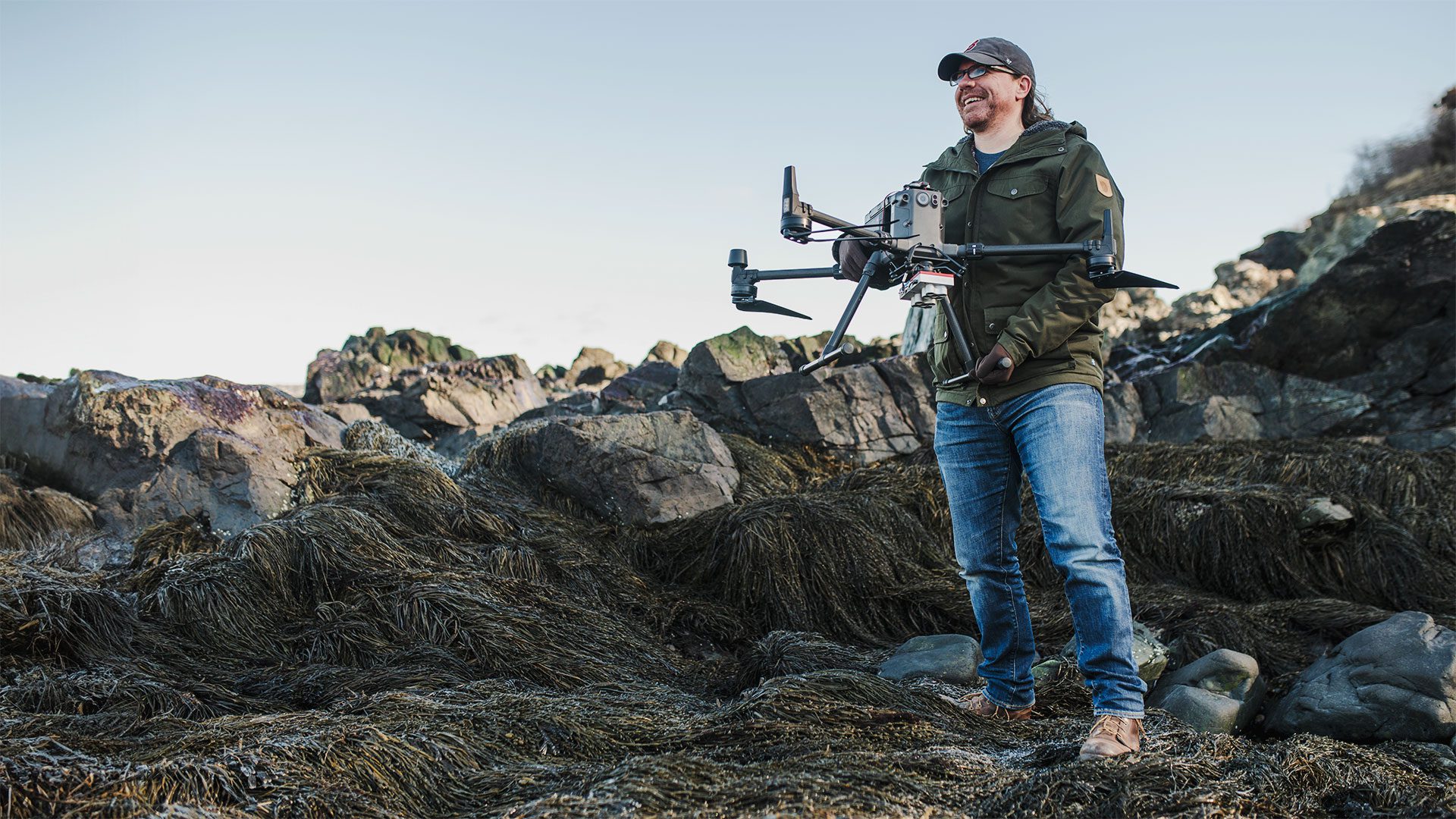For Ben Santer, the fingerprints of the climate crisis are very human
WHOI distinguished scholar explains the art of climate fingerprinting
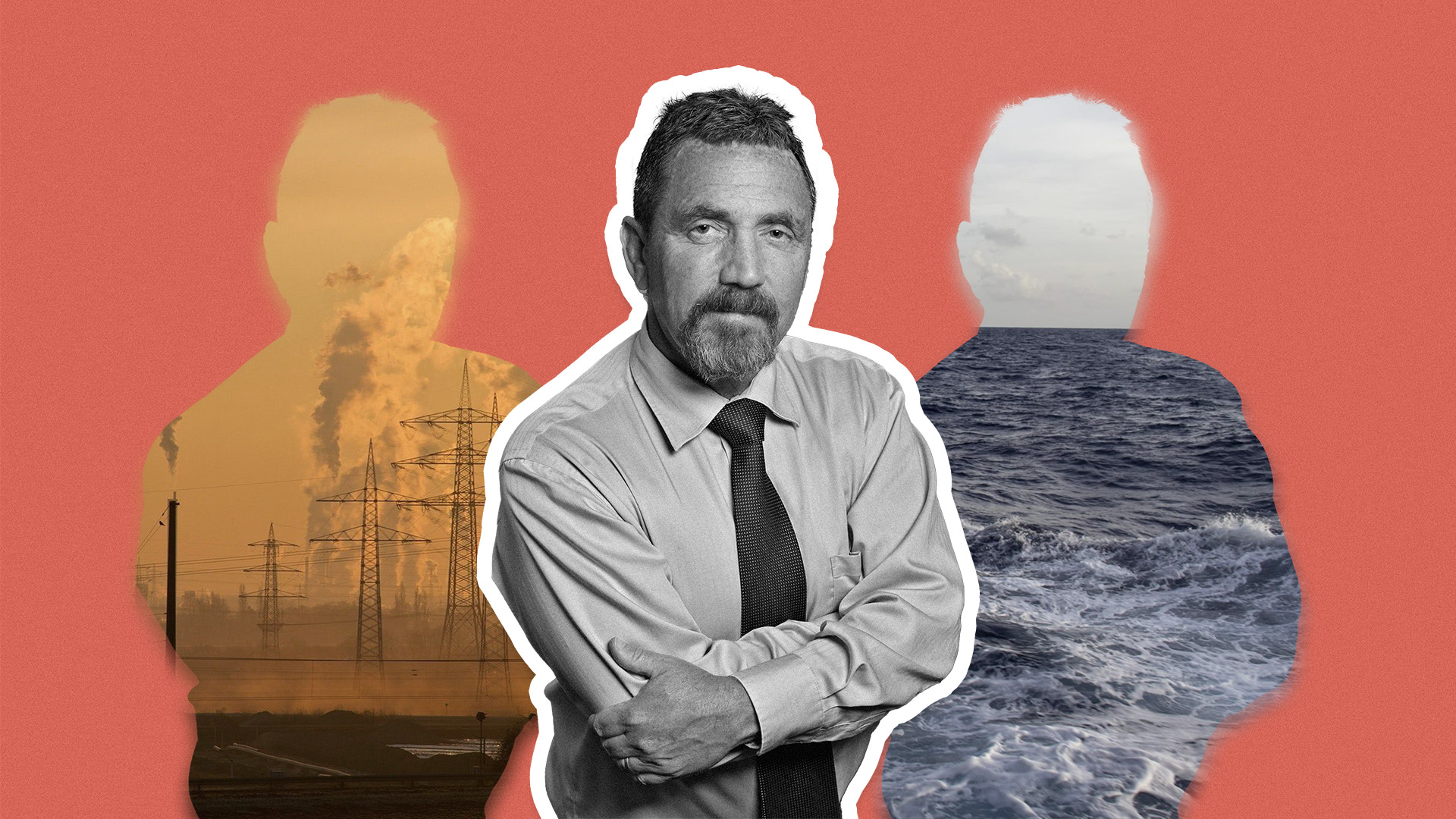
Estimated reading time: 3 minutes
Benjamin Santer is one of the world’s leading atmospheric scientists who has spent over 30 years identifying human influences on climate change—a discipline known as climate fingerprinting. His work contributed to the historic 1995 report from the Intergovernmental Panel on Climate Change (IPCC), which concluded for the first time that there was sufficient evidence to suggest a “discernible human influence” on global climate.
This seminal report has since laid the groundwork for climate scientists the world over, who continue to find mounting evidence of humanity’s impact on climate. Today, Santer is the first distinguished scholar in residence at the Francis E. Fowler IV Center for Ocean and Climate at WHOI, where he is using climate fingerprinting techniques to identify changes in the ocean that are occurring because of increased greenhouse gas emissions.
He sat down with Oceanus to talk about climate fingerprinting and the role climate scientists play in an increasingly divisive political atmosphere.
What exactly is climate fingerprinting?
Climate fingerprinting seeks to identify the unique patterns of climate change associated with different environmental forces: the sun, volcanoes, and human-produced greenhouse gases, for example. Each of these things has a different signature in the climate records. Scientists use computer models to study these forces, either individually or in combination. By doing so, we can disentangle human-caused climate signals from the purely natural “climate noise” driven by changes in things like the sun's energy output or oscillations in global cycles like El Niño and La Niña.
How will you use climate fingerprinting to study changes in the ocean?
Until now, most of the fingerprinting I’ve done throughout my career has had to do with changes in atmospheric temperature. But there are also clear signals in the ocean. The seasonal and decadal changes we’re seeing in ocean temperatures are a powerful fingerprint of human impacts on climate. WHOI has expertise in observing these changes thanks in part to technology like Argo floats and other direct ocean observation platforms. One thing we’d like to understand is how warming may impact the ocean’s ability to absorb CO2 from the atmosphere. Can we find human fingerprints in how the global ocean uptakes carbon? This is an interesting and important question that an institution like WHOI should be looking at, and I'm super excited that I can play a small part in such work.
Why do you feel the need to keep doing the work of climate fingerprinting?
Unfortunately, even in 2024 there are very powerful individuals who incorrectly dismiss human-caused climate change as a hoax perpetrated for the purpose of diminishing U.S. economic competitiveness.
I’ve testified in front of Congress on many occasions about the science of climate fingerprinting. I’ve also had to respond to false claims about the causes of climate change, including recent claims that global warming had stopped in 1998. In response, we published two papers in 2017 that showed how and why these statements were wrong. That’s part of my job: to set the record straight when matters directly related to my scientific expertise are publicly mischaracterized.
It’s not easy being in the public eye. How has the politicization of climate science impacted you personally?
A lot of journalists who ask me about the last 30 years want to dwell on pushback and personal attacks I’ve received over my findings. As a scientist, you're not trained to deal with that kind of stuff. I didn’t take any courses in science communication or in how to respond to criticism that had nothing to do with science. But such unpleasantness is just background noise. In my opinion, the worst outcome is to let this kind of response silence your voice. There are far worse things to lose than your job or your funding—like losing your integrity.
Climate change is an existential crisis for many of us. How do you keep optimistic given your line of work?
Even today, as I’m about to turn 70, I have purpose in life. I know that when I get up every morning, I still have something useful to do. There’s joy in that—in feeling that you’re still useful, even as an old dude. I’m profoundly grateful that folks at WHOI have given me the opportunity to continue doing fingerprint research.
I’m still giving something back to the scientific community. I’m still mentoring students. I’m still fingerprinting the climate system in hopes of catalyzing new research. Most importantly, I’m still using my voice and expertise to speak science to power.
